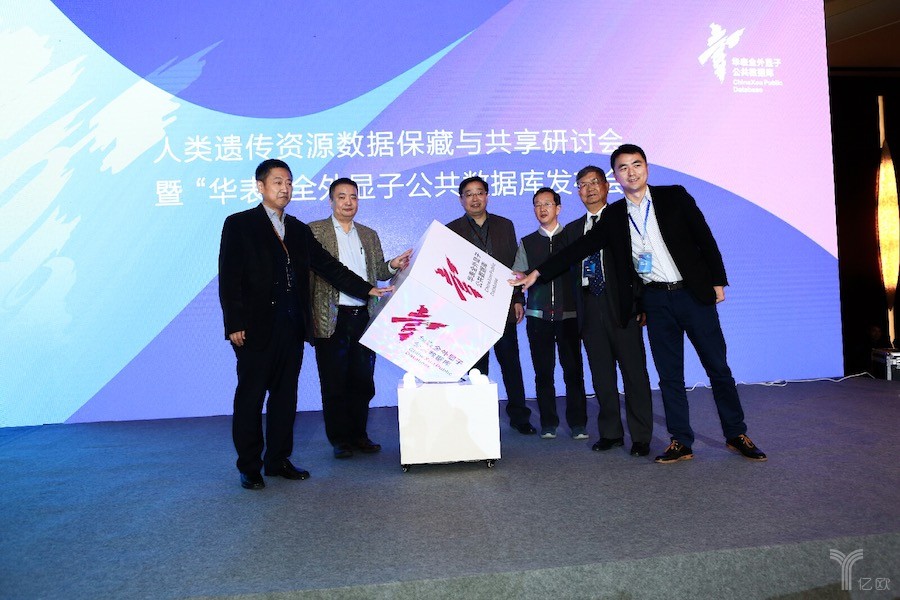
In 2001, the Human Genome Project built the first human reference genome. In 2008, the 1000 Genomes Project was launched. Whole-genome sequencing was performed on 2,500 samples of different races around the world, and the most detailed human genome variation map has been drawn to date, including 84.7 million SNPs, 3.6 million indels, and 60,000 structural variation sites. Due to the significant differences in genomic variation sites and frequencies among different races, nations have launched their own genome sequencing programs to discover the population-specific genomic variations and establish more accurate reference genomes to serve the health and medical fields.
At present, most of the human genome variation data published internationally comes from Western populations. Using this as reference data, the results of genomic research and clinical applications in China are often inaccurate. Therefore, it is urgent to obtain high-quality sequencing data, establish a Chinese population genome database with national representativeness and unified standards, and explore the database sharing mechanism to meet the needs of biomedical research in China.
In view of this, under the guidance of relevant departments of the Ministry of Science and Technology and the Health and Family Planning Commission, the Ministry of Education Key Laboratory of Contemporary Anthropology of Fudan University launched the "HUA BIAO" whole-exome database project in collaboration with iGeneTech company in September 2017. The main purpose of the first stage is to conduct high-quality sequencing of representative Han Chinese samples nationally, analyze the allele frequencies in the exon region systematically, and describe the genetic structure of the Han Chinese accurately to form a self-developed Chinese Population genome database. At the same time, in accordance with the national regulations on human genetic resources management, we will try to promote the preservation and sharing of various types of human genetic resource data, including genomic data, and provide reference data sets for the subsequent precision medicine research.
Therefore, we will hold the seminar on human genetic resources data preservation and sharing and " HUABIAO" whole-exome public database launch conference. Meanwhile, we will discuss the establishment and sharing mechanism of "HUA BIAO" whole-exome public database to form a consensus on the preservation and sharing of human genetic resource data such as human genomic data in China.
Ministry of Education Key Laboratory of Contemporary Anthropology, Fudan University
October 10, 2017
Organizer:Ministry of Education Key Laboratory of Contemporary Anthropology of Fudan University
Instructor: Development Center for Medical Science and Technology of National Health Commission、National Population Health Data Center
Scientific Advisory Board:
Chairman: Chu Jiayou
Committee member: Jin Li, Yin Ling, Wang Guoyu, Wang Yadong, Li Yixue, Wang Jing, Shi Leming, Chu Jiayou, Xu Shuhua, Zeng Changqing, Wang Hongyan, Lu Daru, Li Hui, Yuan Huijun, An Xipei
chairman of the conference: Academician Jin Li
Executive Chairman of the conference: Yin Ling, Lu Daru
Secretary general of the conference : Wang Jiucun, Ni Ting
Secretary: Chen Xingdong and Tan Xingzhi